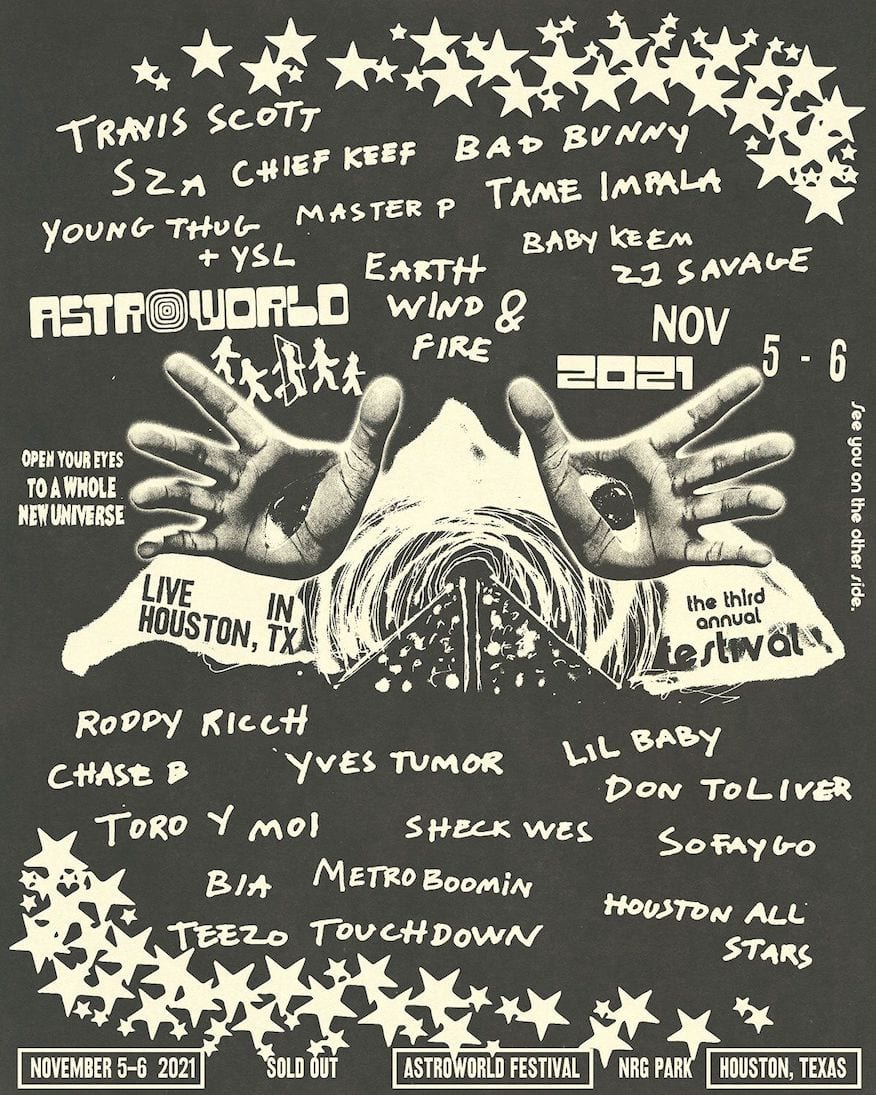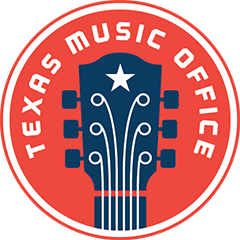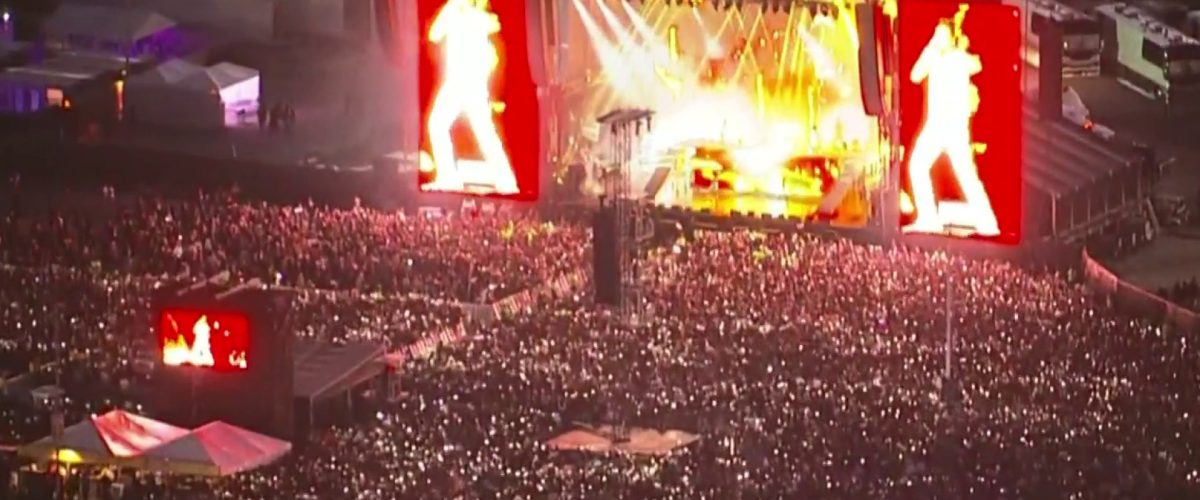

On April 19, 2022, the task force issued it final report. The report’s recommendations were oriented to address issues that were not addressed adequately in the safety failures at the Astroworld Festival event. The report also developed recommendations to enhance safety at all types of mass gatherings in the state. You can download a PDF document of the report at this site: https://gov.texas.gov/uploads/files/press/2022_Report_Texas_Task_Force_on_Concert_Safety.pdf

The Texas Task Force on Concert Safety concluded that proper planning is the best way to ensure the safety at attendees at live entertainment and other culturally significant events.
As it worked, the task force found the following recurring topics needed addressing:
-
-
- Unified On-Site Command and Control (UCC)
- Permitting
- Training
- Planning with Risk Assessment
- Centralized Resources
-
Finding 1: Unified Command and Control (UCC):
The ultimate function of a centralized on-site command and control group is to establish authority and process for pausing or canceling a show in response to a safety incident
Finding 2: Permitting:
The task force found issues with permitting, especially in the unincorporated areas of Texas. Many promoters are not aware of the permitting requirements, so the Event Production Guide is meant to remind promoters of the existing legal requirements and encourage them to follow best-practice recommendations.
Finding 3: Training:
Public and contracted security staff and event staff must have adequate training for each specific event. There are many training resources out there for promoters, staff and first responders. A well-disseminated communication tree and agreed-upon show-stop triggers with responses are important elements of any successful event protocol.
Finding 4: Planning with Risk Assessment:
Planning with risk management in mind must include prepared materials identifying reasonably foreseeable hazards and responses, as well as an established communication tree with local response strategies and agreed-upon conditions for the transfer of authority from event staff to responding agencies in the event of an emergency. Risk contingency planning is event more important if events are manufactured compared to events in established x structures.
Finding 5: Centralized Resources:
It’s important that a collection of resources informing event safety should be housed in one place for promoters, staff and first responders. The Texas Music Office (TMO) will host these resources on its website under the title of Event Production Guide.
The findings of the Texas Task Force on Concert Safety are welcome by all of us who produce entertainment and other events. TSE agrees that planning is an extremely important part of holding events safely. Know your audience and venue and plan for any emergency whether its weather related, medical related, crowd control related, or some other adverse event. Making sure your have developed “triggers” for each potential scenario as well as the responses the trigger set off is all part of ensuring the safety of performers, staff, and attendees at your event.
We encourage you to read the whole report.
Related Posts:
Outdoor Event Production: 5 Critical Safety Concerns
Outdoor Music Concert or Festival Insurance: Part Two
Outdoor Concert Weather Planning




